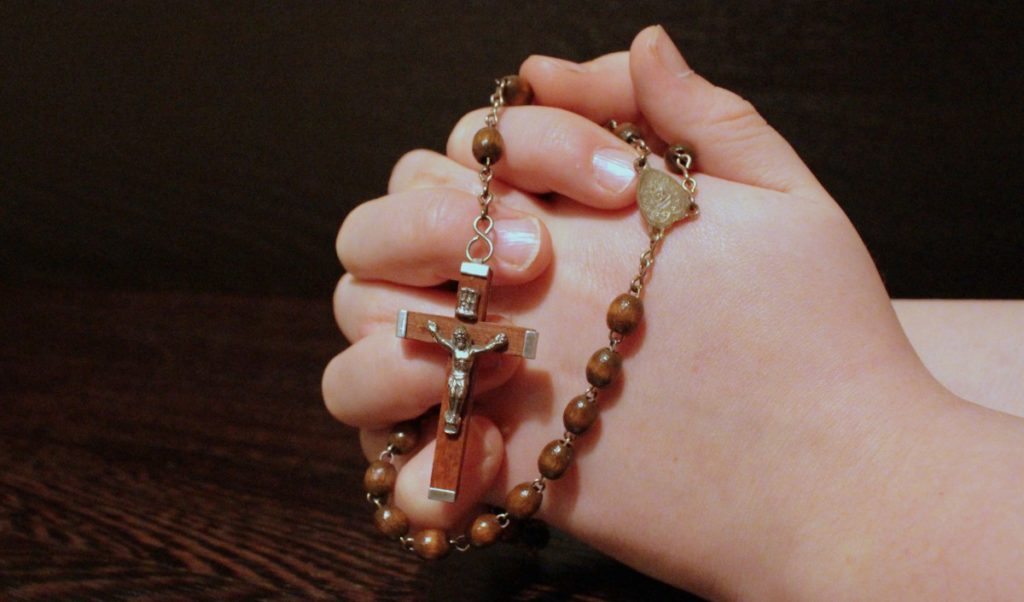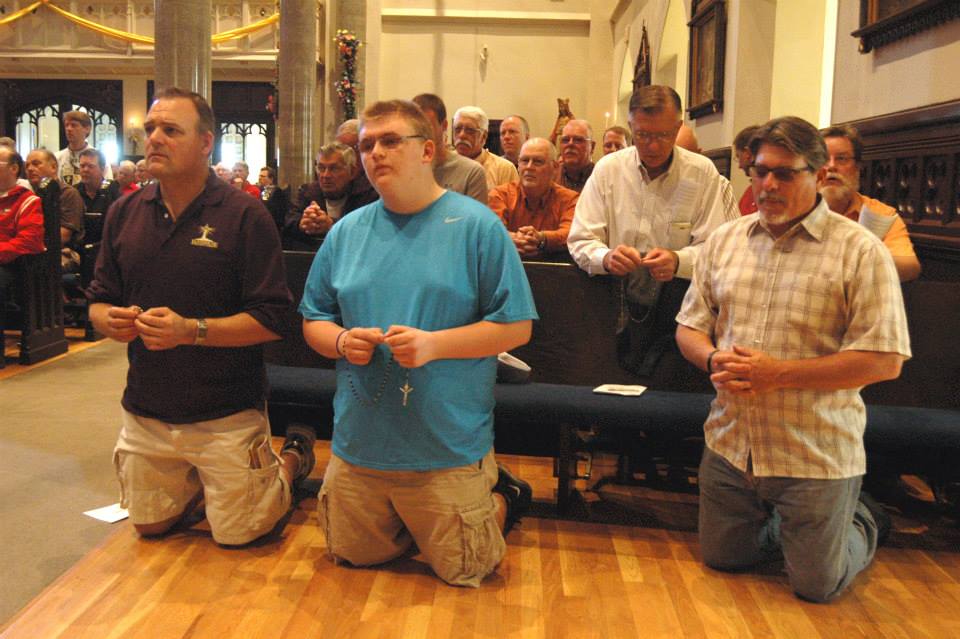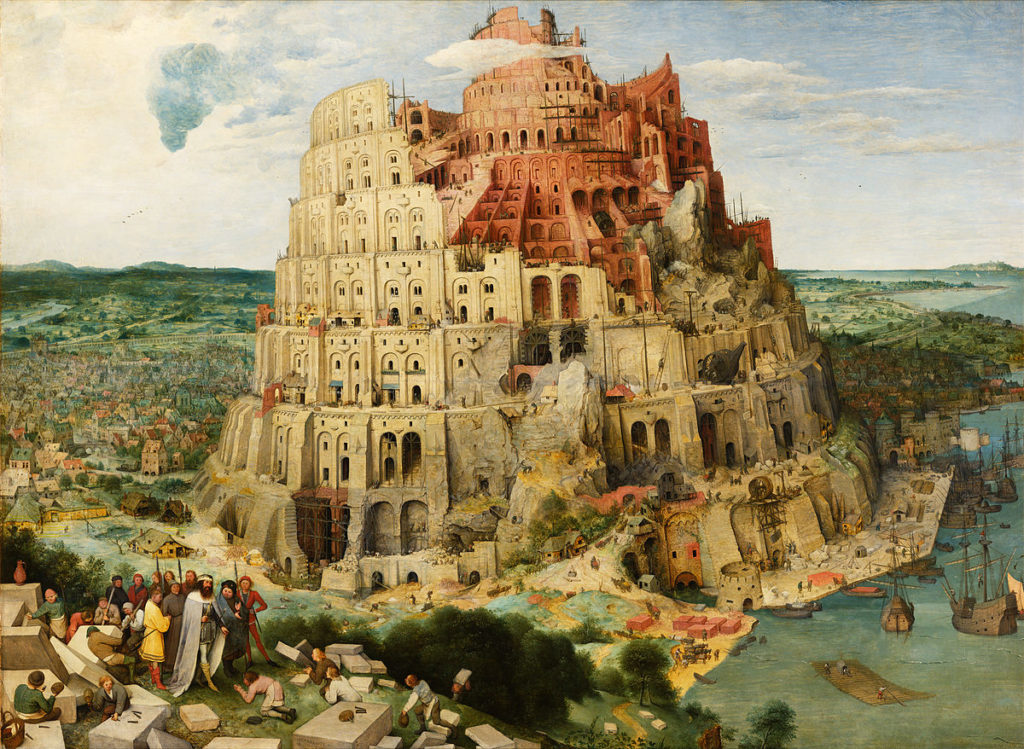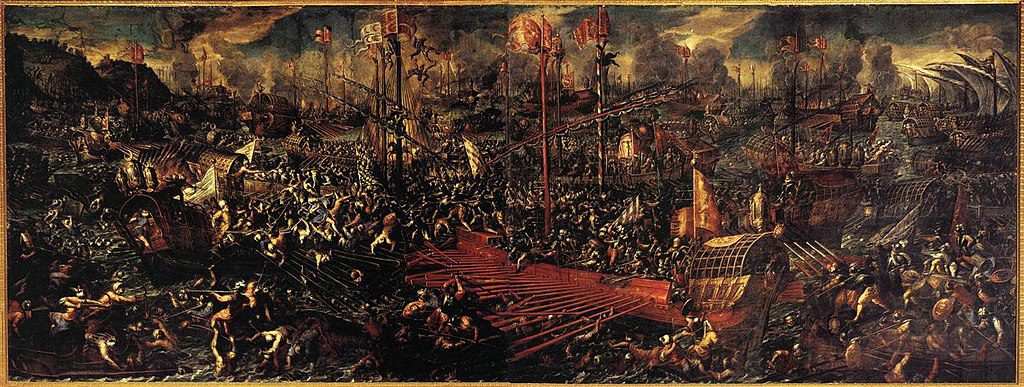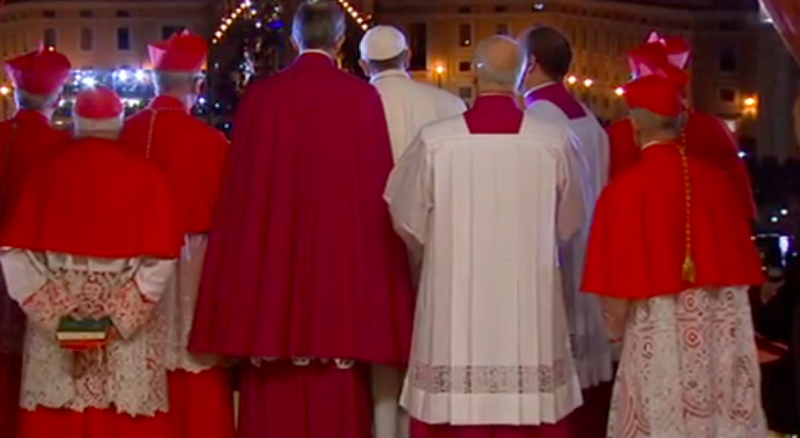Holiness Is Possible
There’s a saying in the creative world that the artist is his own worst critic. Many people, when seeing the results of their efforts, focus on the flaws. A painter only sees a shade of color that is slightly off. An actor remembers that one line that didn’t quite deliver the emotional impact he wanted. […]
Holiness Is Possible Read More »



